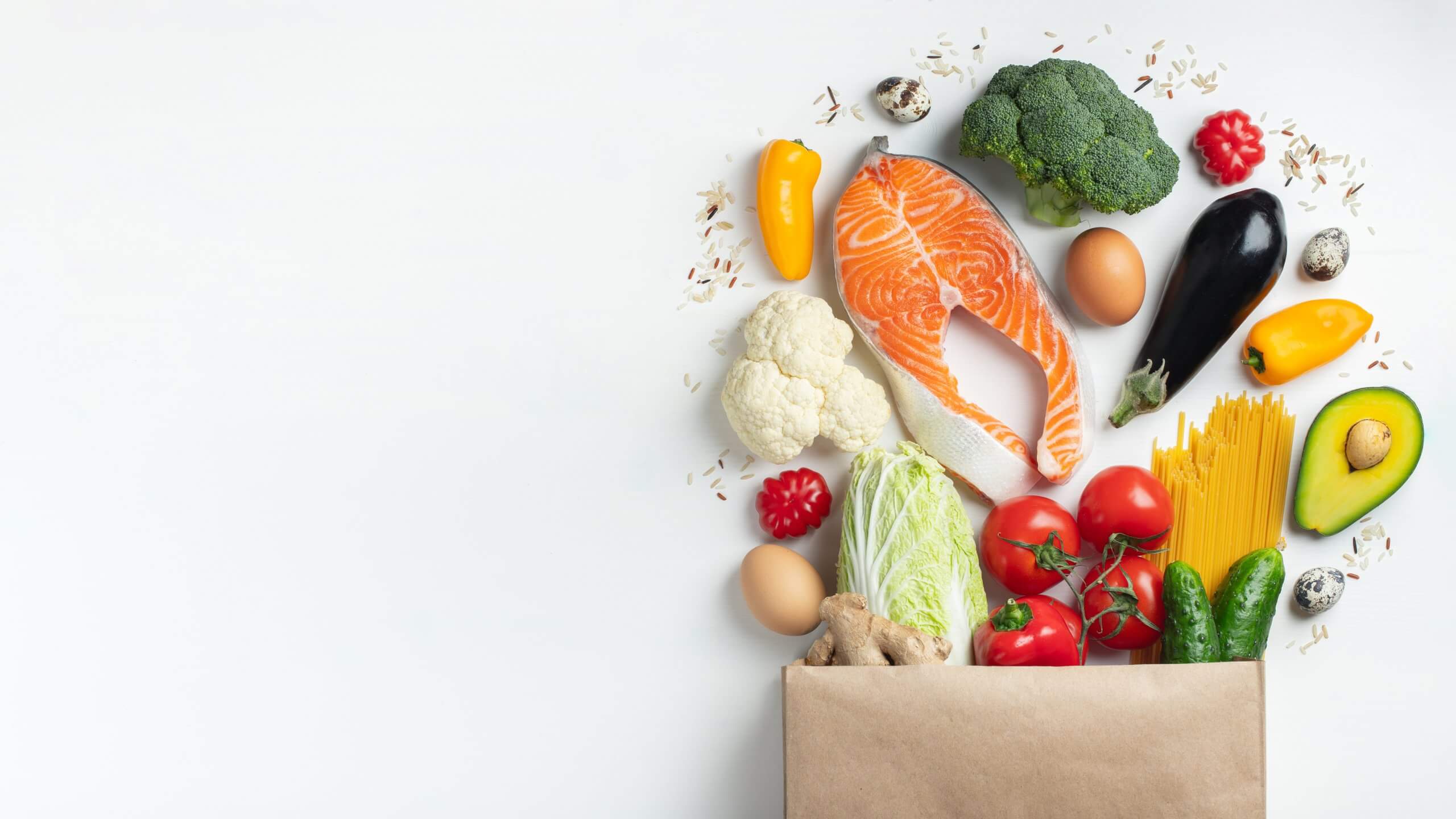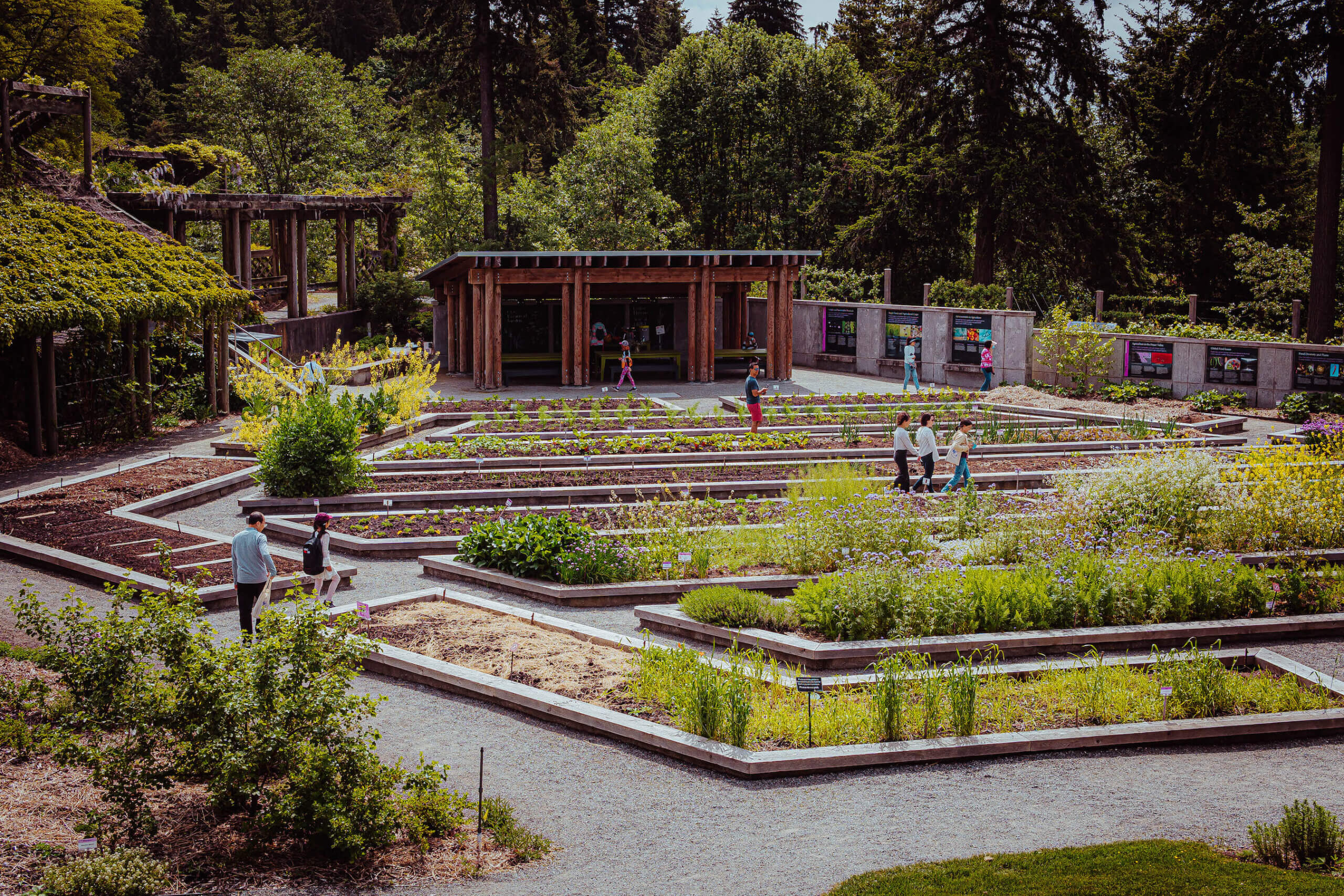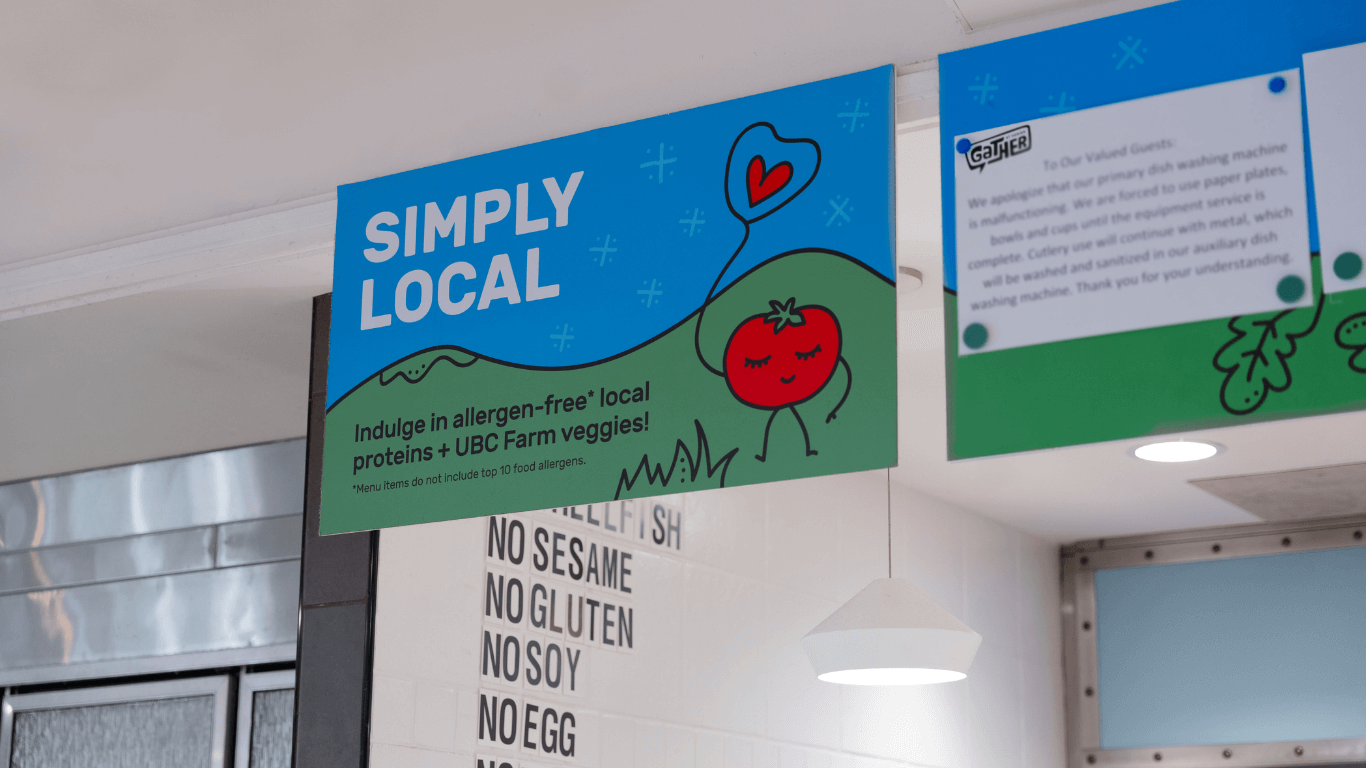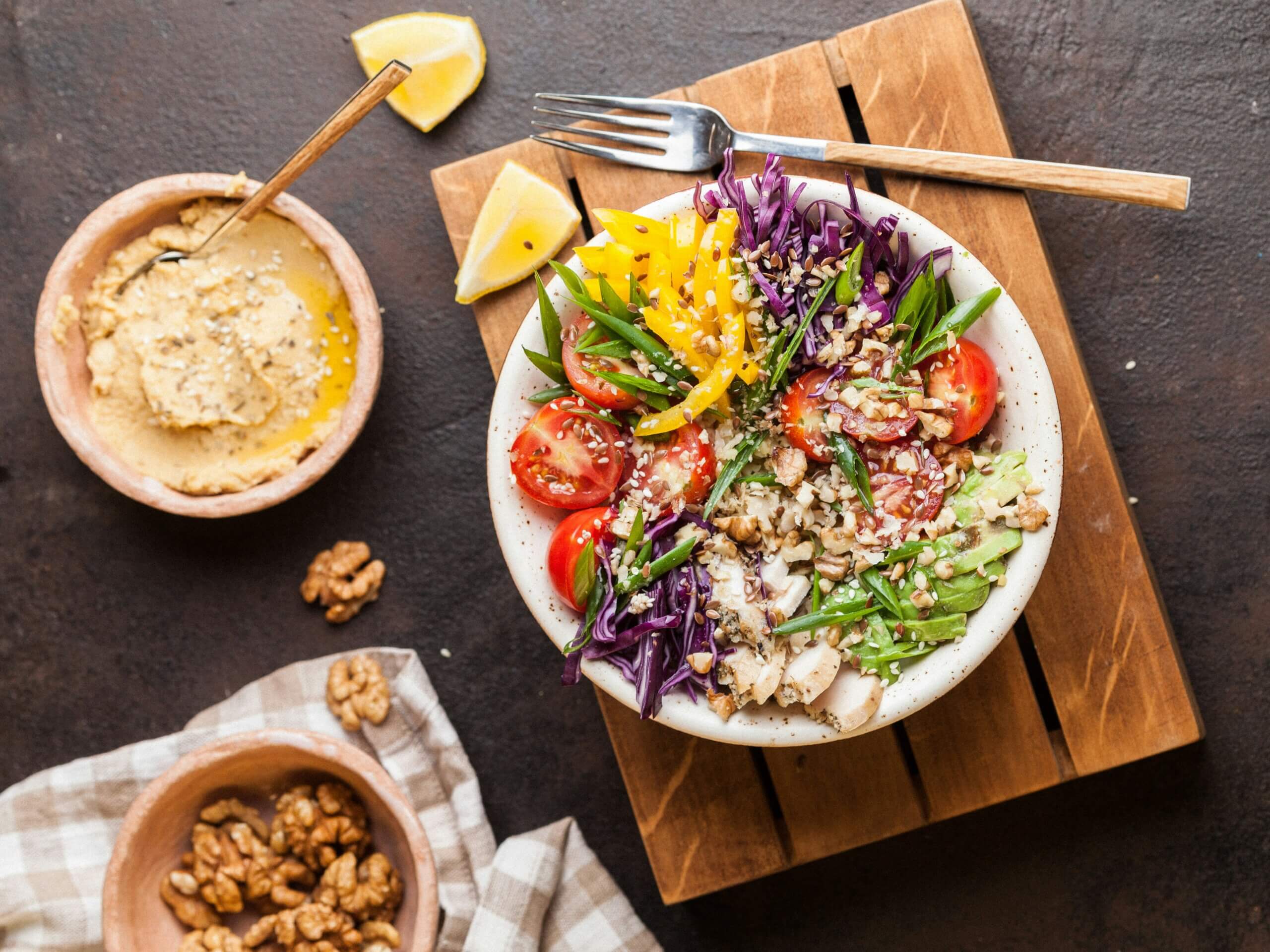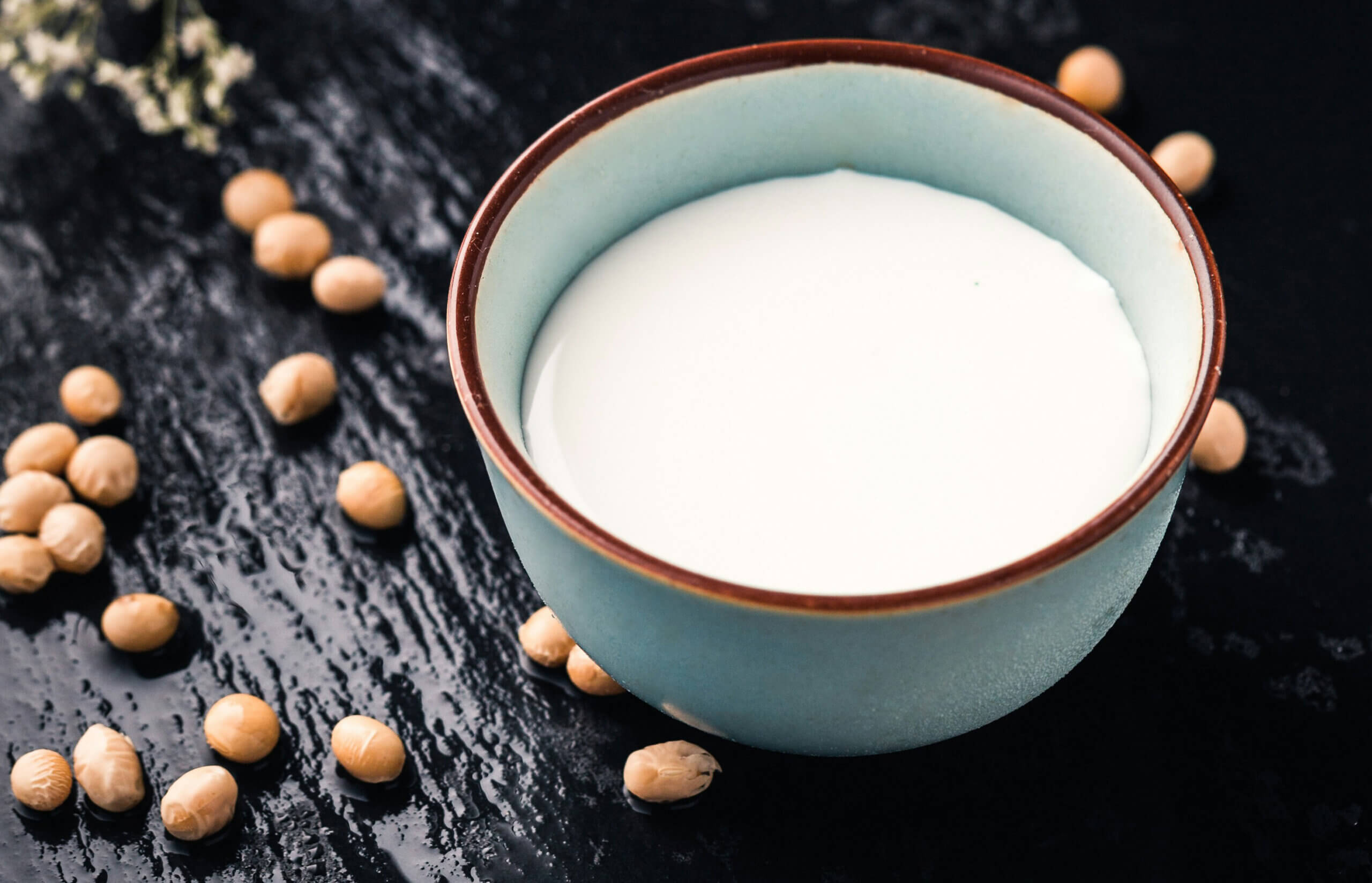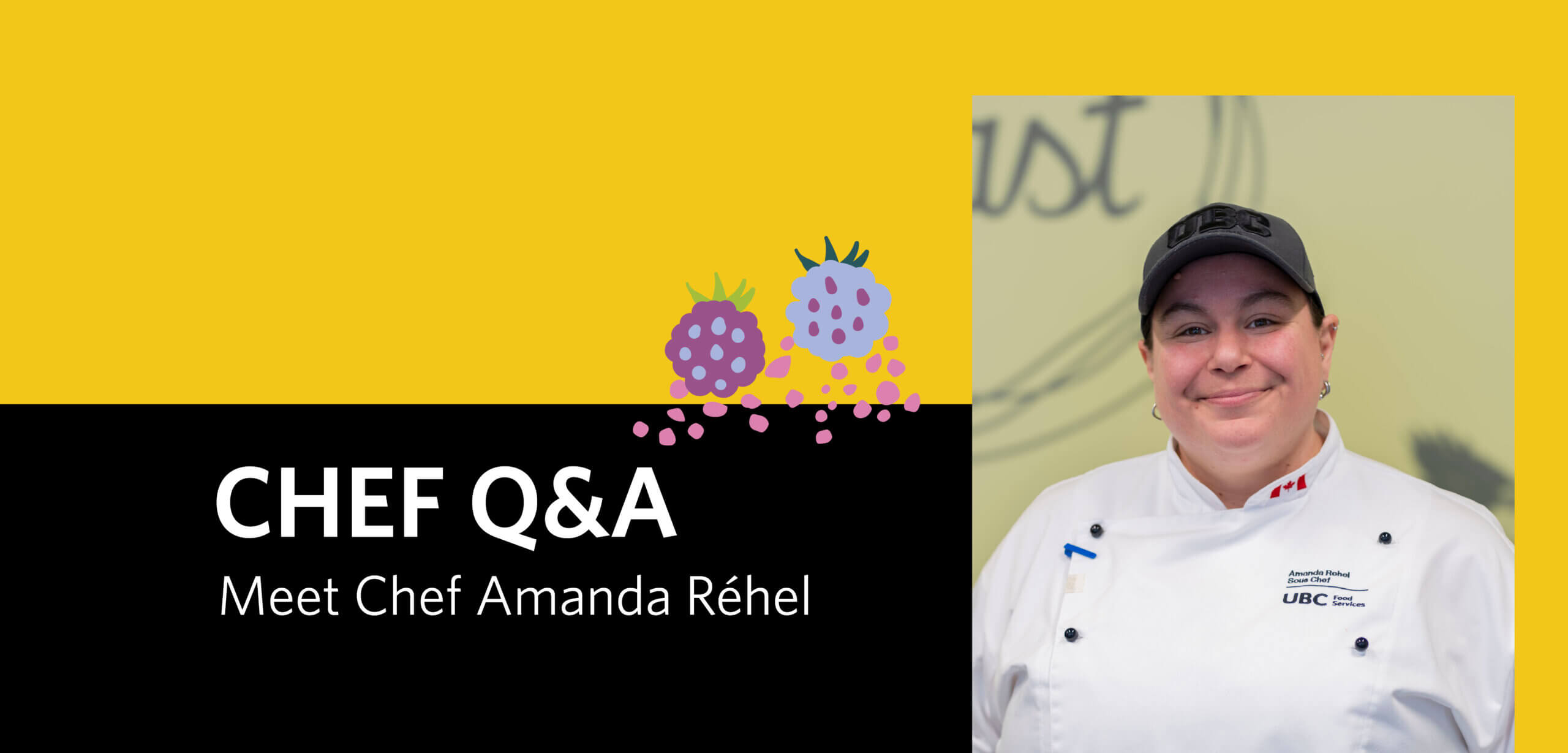Shopping for affordable grocery staples just became a whole lot easier with the UBC Food Hub Market! Food Hub Market is open from 10:30 am - 6:30 pm on Mondays-Thursdays in the Centre for Interactive Research on Sustainability (CIRS Building) at 2260 West Mall. They are a student-led market that sells grocery staples at-cost, meaning they do not increase the prices to make a profit. This saves you money and allows you to shop for your basics on campus!
Read on for tips on what to look out for when shopping for affordable options. Fun fact, if you incorporate a food item from each of the following categories, you will be following Canada’s Food Guide plate model - a balanced way to enjoy your meals and obtain adequate nutrition.
Fruit and Vegetables
We all know that plants are healthy, but sometimes it can be hard to buy them or incorporate more into our diets. There are quite a few ways to make fruits and vegetables more accessible, such as buying conventional produce rather than organic options which tend to cost more. The nutritional content between organic and non-organic produce is essentially the same.
Next time you’re shopping, also consider seasonality: buying produce that is in-season can save you money while ensuring you’re getting the freshest produce with the most nutrients like vitamin C and carotenoids (both are excellent for your immune system).
When the fruits and veggies you want are out of season, or simply too expensive, try opting for the canned or frozen versions. They retain all the nutrients of fresh produce, while having a longer shelf life and lower price.
If you’re looking for fruits and veggies at Food Hub Market, keep your eye out for their fresh tomatoes, sweet potatoes, carrots, cucumbers, and bananas. You can also find canned corn, bamboo shoots, garlic, tomato paste, salsa, and pasta sauce to add some more plants to your dishes!
Protein
Proteins (especially animal-based proteins like meats) can often be slightly more expensive so it can be a good idea to stock up when you see your favourites on sale, as well as checking flyers for your local stores before you go shopping.
Canned fish, meats, and legumes are also great affordable choices. For example, you may want to keep a bag of dried legumes on hand, to soak overnight and cook with the next day. Canned legumes may be slightly more expensive than dried, but they can be rinsed and used right away, so both options are good to have. Plant-based proteins like these provide extra beneficial nutrients like fibre to support your overall health.
Food Hub Market offers a selection of plant-based proteins that are affordable and shelf-stable. Look for their dried lentils, canned beans and chickpeas, and peanut butter. In their refrigerator section you can find extra firm tofu, eggs, shredded cheese, feta, and haloumi. Customize your recipes with great additions like curries, fish sauce, rice vinegar, coconut milk, and broth - all of which can be bought at Food Hub Market.
Whole Grains
Grains like oats, whole grain pasta, and brown rice are excellent staple pantry items because of their versatility and long shelf life. They are also mostly inexpensive and convenient. Once again, take advantage of those sales! Similar to grains, starchy veggies (like potatoes, sweet potatoes, frozen corn/peas) are great affordable options and can replace grains like pasta or rice in some dishes.
At the Food Hub Market, you can find a large selection of dried pasta, instant noodles, rice, and ramen, as well as rice papers and pita wraps. Their pantry also includes breads, cereals, granola, oats and instant oatmeal cups. Eating more whole grain options like brown rice and whole grain bread is a great way to get more fibre compared to choosing the more refined options. Click here to learn about the benefits of eating whole grains.
Tips on how to make foods last longer
Storage of foods in the proper areas can make them last longer, reduce spoilage and really get your best use out of the items purchased. Try storing the following items in the fridge/freezer to get the best bang for your buck:
- Buying fruits and veggies seasonally is often more cost effective, and freezing allows them to last much longer, so you can enjoy them in off-season months.
- Buying protein that is on sale and freezing until you need it can help keep it fresh until a later date.
- Storing nuts and seeds in the fridge/freezer will help maintain their nutritional quality and longevity, keeping them fresh for longer.
- Blending leftover herbs into olive oil and freezing in ice cube trays for easy use for later.
- Storing ingredients like flour, spices, rice, cereal, and dried lentils in airtight containers after opening to keep them fresh.
- Last but not least, make sure your refrigerator is set at or below 4°C and your freezer is at or below -18°C. These temperatures will ensure your foods are kept safe and fresh for as long as possible.
Takeaway
When you’re living on a student budget, meals don’t have to be complicated or expensive - you can make delicious meals using some great pantry staples and a bit of creativity! If you need inspiration, be sure to check out the Food Hub Market in the CIRS Building and find out about events such as recipe workshops via their Instagram (@ubcfoodhubmarket). Also, check out https://foodhub.ubc.ca/ for additional food and financial resources available.
